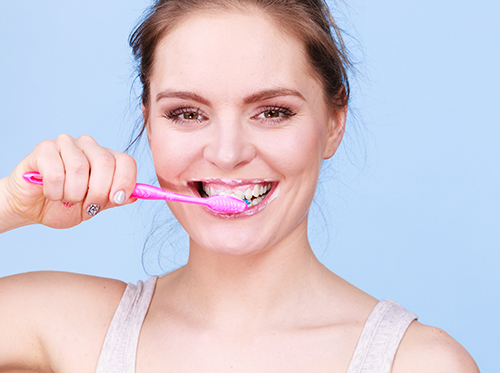Some General Rules for General Anesthesia
June 23rd, 2021

If you have oral surgery scheduled at our Virginia Beach, VA office, you have many options for your choice of anesthesia. After all, Dr. Ford and Dr. Guter and our team are trained in all forms of anesthesia and sedation therapy, so you will be able to choose the anesthesia experience that best suits your needs—and your comfort!
One such option is general anesthesia. If you choose this type of anesthesia, you will be carefully monitored at all times. While you are under our care, we want to make sure your treatment is safe, painless, and free from anxiety. And to make your experience go as smoothly as possible, there are some recommendations you can follow even before you arrive at the office.
- Communication is Key
Part of our job is to let you know all about your general anesthesia beforehand. If you have any questions or concerns, please voice them. And communication is a two-way street! If you have any medical conditions, or are taking any medications, or have a cold or the flu, please let us know in advance.
- Diet Restrictions
Talk to us before your surgery to learn about any diet restrictions you should observe before general anesthesia. You will need to abstain from food and drink for a set number of hours before the procedure, so we’ll give you directions based on whether your surgery is scheduled for morning or afternoon.
- Dress for Success
Wear loose, comfortable clothing. Make sure your sleeves are short or easily rolled up above your elbow if you’ll need an IV line or blood pressure monitoring. Leave your make-up, jewelry, and contact lenses at home.
- Go Along for the Ride
Ask a friend or a family member for a ride home after surgery. We want you to travel safely, and, even if you think you are good to go, your thinking and decision making, your reflexes, and even your memory can be impaired for up to 48 hours after general anesthesia. If you have arranged for a cab or a ride share, don’t call for your ride until our office gives you the all clear.
- Plan Ahead!
For the very same reasons you shouldn’t drive for several hours after general anesthesia, there are some normal everyday activities you should postpone as well. You shouldn’t operate machinery. Cooking can wait. Arrange for help with childcare if you have young children. The effects of general anesthesia will wear off over the course of a day or two—ask us for a timeline for returning to your normal activities.
We’re experts in providing you with a safe and comfortable anesthesia experience when you have oral surgery. And part of that expertise is letting you know the specifics about preparing for your general anesthesia. If you have any questions for how to get ready for the hours both before and after your surgery, give us a call!





 Website Powered by Sesame 24-7™
Website Powered by Sesame 24-7™